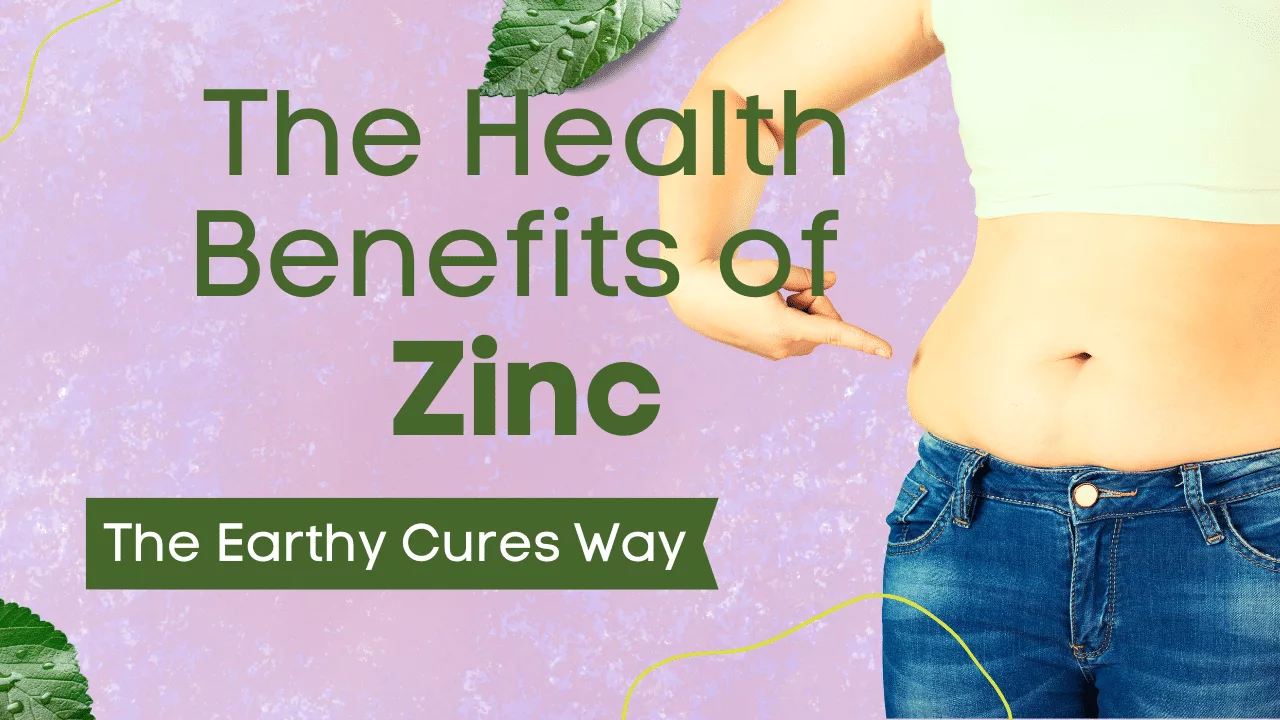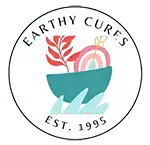

The recommended zinc intake for adults is 8 to 11 milligrams a day. Naturally, You can get it in seafood, meat, and fortified foods like cereals.
Zinc deficiency is rare but can occur if you have bariatric weight-loss surgery or inflammatory bowel disease (like Crohn’s and ulcerative colitis) because these situations can affect zinc absorption. Also, chronic diseases like sickle cell disease may interfere with zinc absorption.
1. Boosts Immune Function
Zinc is a powerful mineral that supports a robust immune system. It is also essential for regulating hormones, promoting growth and repair, fighting free radical damage, and maintaining healthy skin.
It is the body’s second most abundant trace element, behind iron. Zinc is involved in activating more than 100 different enzymes, including those critical to a healthy immune system and many other biological processes.
Zinc deficiency is linked with low immunity and increased susceptibility to infection, particularly colds. Studies have shown that zinc supplementation can shorten the duration of a common cold. Zinc also helps the body fight infections by decreasing pro-inflammatory cytokines and increasing anti-inflammatory ones, such as IL-10. It can also help reduce oxidative stress related to many chronic diseases like heart disease and diabetes.
2. Supports Bone Health
Zinc is necessary for bone formation and helps ensure your bones are strong enough to withstand stressors like injury or surgery. This is because it activates an enzyme called alkaline phosphatase, which is present in osteoblasts — the specialized cells that build bone.
Studies suggest that zinc supplementation can boost bone density and reduce the risk of fractures and conditions like osteoporosis. This may be because zinc stimulates bone-building cells while inhibiting the formation of cells that encourage bone breakdown.
Zinc also appears to increase bone remodeling by affecting various cellular and physiological processes, including cartilage calcification and bone resorption. This is why getting adequate amounts of this mineral is essential to a balanced diet.
3. Helps Maintain Healthy Hair
Zinc is a trace mineral involved in nearly 100 enzymes, including DNA/protein synthesis, wound healing, and maintaining a healthy immune system. It is also involved in the senses of taste and smell.
Studies have shown that oral or topical zinc sulfate is an effective treatment modality for common warts. Sharquie et al. [6] reported complete clearance of plane warts in 80% of patients with 10% zinc sulfate solution applied thrice daily for four weeks.
Because zinc isn’t stored in the body, daily consumption is crucial for healthy functions and proper balance. But it’s important to note that zinc toxicity can occur, so be careful not to exceed the tolerable upper limit of 40 mg daily.
4. Helps Maintain Healthy Skin
Zinc is a trace mineral essential for nearly 100 enzymes in creating DNA, growing cells, building proteins, and healing tissue. It’s the second most abundant trace mineral in our bodies after iron.
In skin care, zinc is often found in acne treatments and helps prevent clogged pores by reducing inflammation, inhibiting bacteria growth, and suppressing oily gland activity. It’s also used in diaper rash cream to soothe irritated skin and can be found as one of the few physical suns filters in high-performing sunscreens, which help protect against damaging UV rays.
It’s also been shown to help moisturize the skin by preventing transepidermal water loss and strengthening the skin barrier. Getting adequate amounts of zinc can improve the appearance of fine lines and wrinkles, too.
5. Helps Maintain Healthy Bones
Zinc is a micronutrient essential for human health, performing various catalytic and regulatory functions. It is one of the most abundant trace elements in a 70 kg human body, behind calcium, sodium, magnesium, potassium, iron, and rubidium.
Zinc has a crucial role in bone tissue development and homeostasis. It stimulates Runt-related transcription factor 2 (Runx2) expression, promotes osteoblast differentiation, and decreases bone resorption by inhibiting the activity of osteoclasts.
Zinc also increases the strength of bones, which is essential for people with conditions that affect bone loss or have undergone skeletal unloadings, such as spinal fusion or hip replacement surgery. Studies examining the use of zinc alloys and coatings or direct application of zinc salts with and without carriers have shown positive results for improving the speed of healing in these clinical situations.
undergone skeletal unloadings, such as spinal fusion or hip replacement surgery. Studies examining the use of zinc alloys and coatings or direct application of zinc salts with and without carriers have shown positive results for improving the speed of healing in these clinical situations.
6. Helps Maintain Healthy Nails
Zinc is an essential trace mineral that plays a role in the body’s metabolism by catalyzing enzymes and enabling protein folding. These processes also contribute to healthy hair, skin, and nails so zinc deficiency can lead to brittle or thinning hair and dry nails (1).
Zinc may also help improve the appearance of the nails by reducing the formation of “Beau’s lines,” which are horizontal grooves that appear on the nail plate. (3)
Zinc supplements can be taken for various conditions, but it’s essential to consult with your healthcare provider regarding form, dosage, frequency, and length of use. The recommended dietary allowance of zinc for adults is 11 mg per day, and the tolerable upper intake level (UL) is 40 mg (4). Zinc is abundant in meat, poultry, seafood, and fortified cereals. Vegetarians can get adequate zinc from legumes, nuts, and whole grains.
7. Helps Maintain Healthy Eyes
Zinc is found in high concentrations in the vascular tissue layer surrounding our eyes. It helps transport vitamin A from the liver to the retina, where it produces melanin, a protective pigment that determines your eye color. Zinc deficiency has been linked to poor night vision and age-related macular degeneration.
Zinc supplements have been shown to decrease oxidative stress and reduce the production of inflammatory cytokines. This may help slow the progression of age-related macular degeneration and prevent cataract formation.
Zinc is a powerful immune-boosting mineral that is found in many different foods. However, some zinc products can cause a loss of smell, so be careful about what you consume. Please consult with your Copperas Cove eye doctor about the best dietary sources of zinc and how to take it safely.
